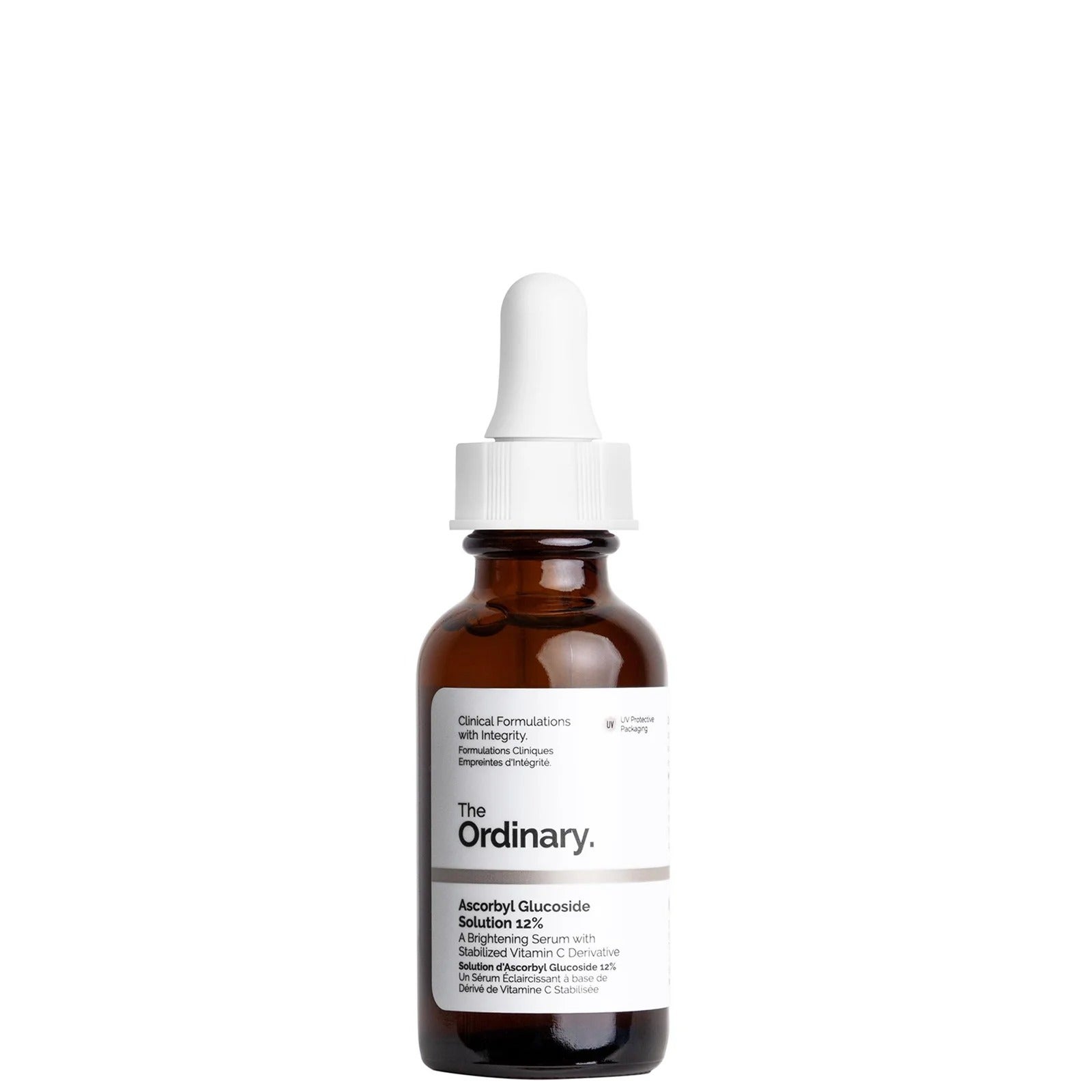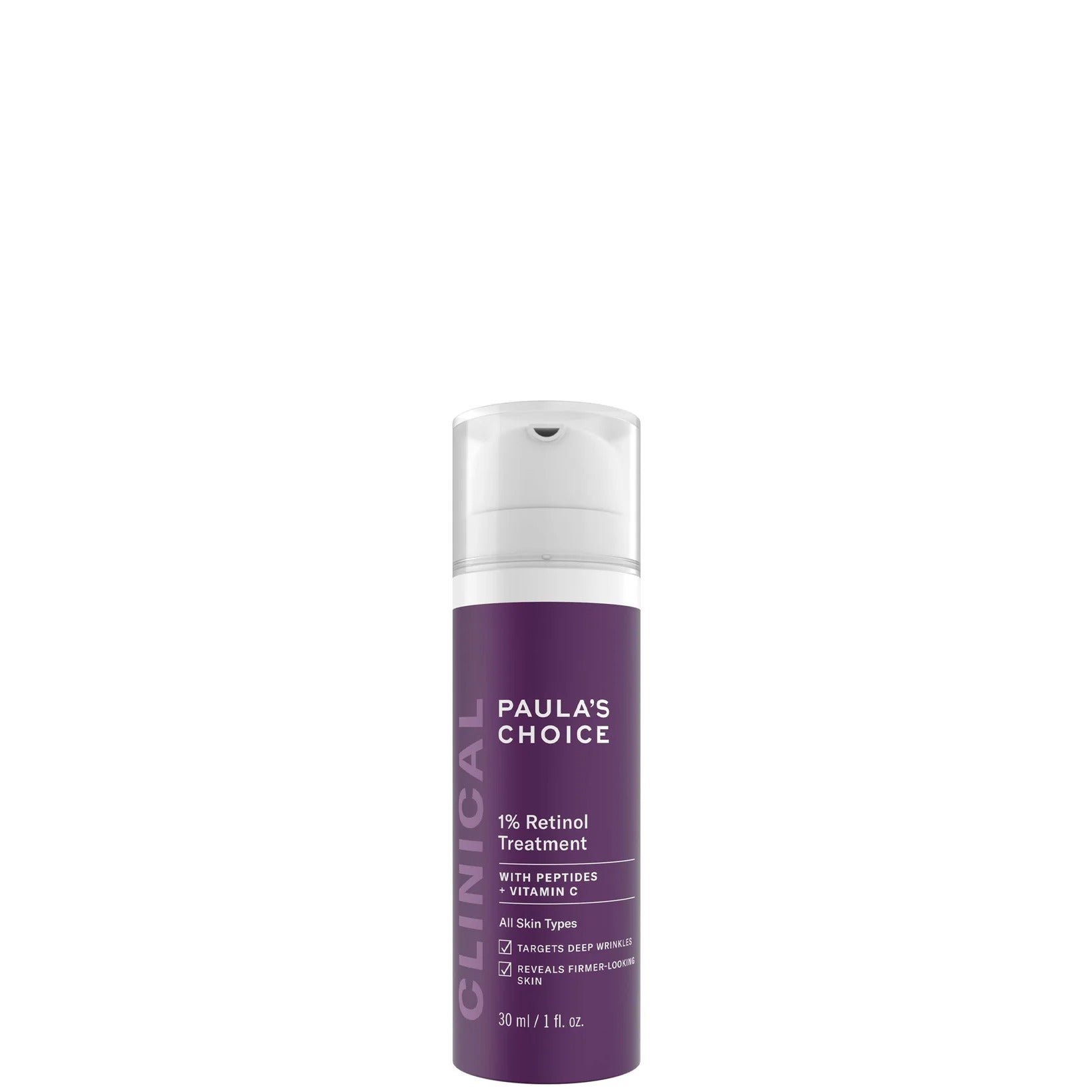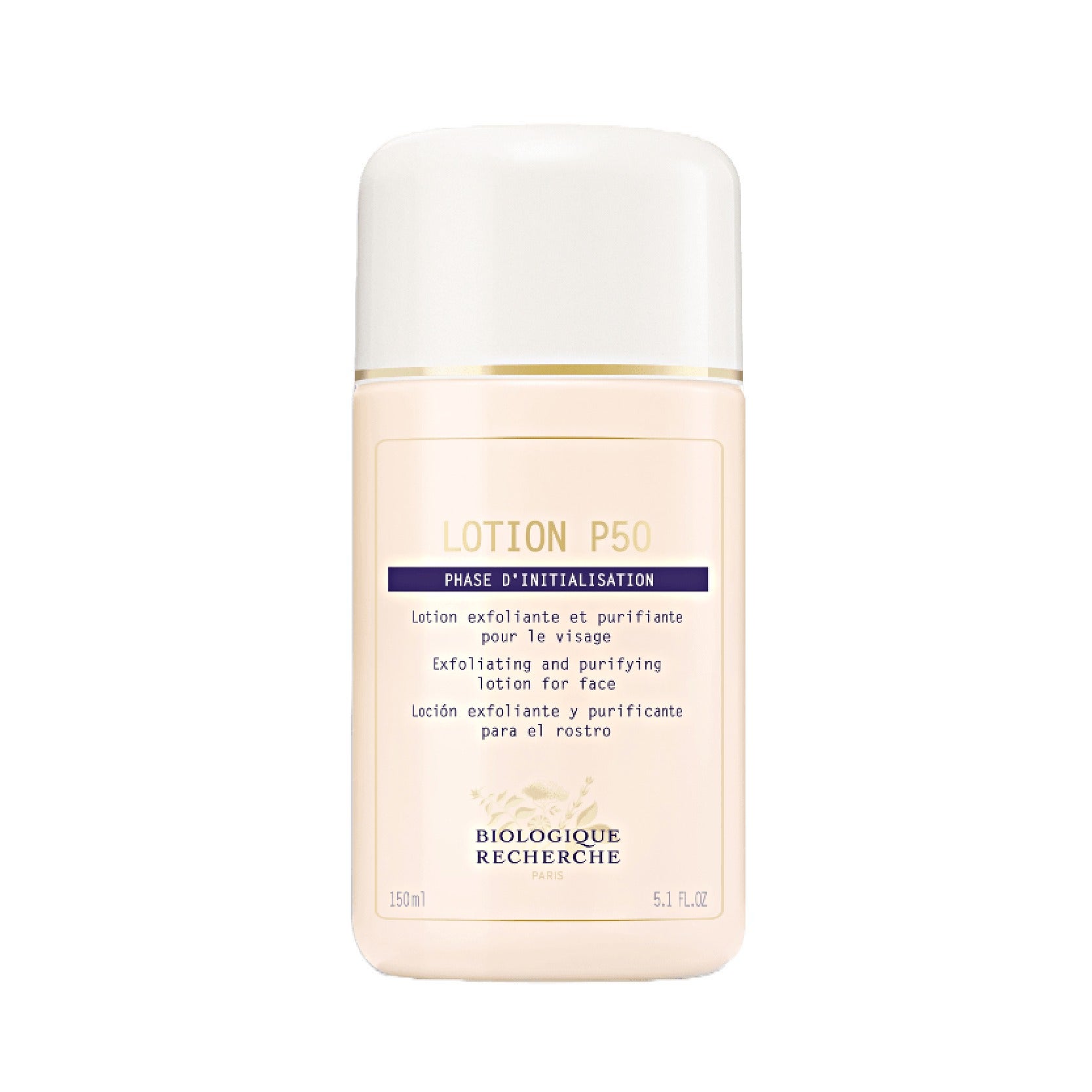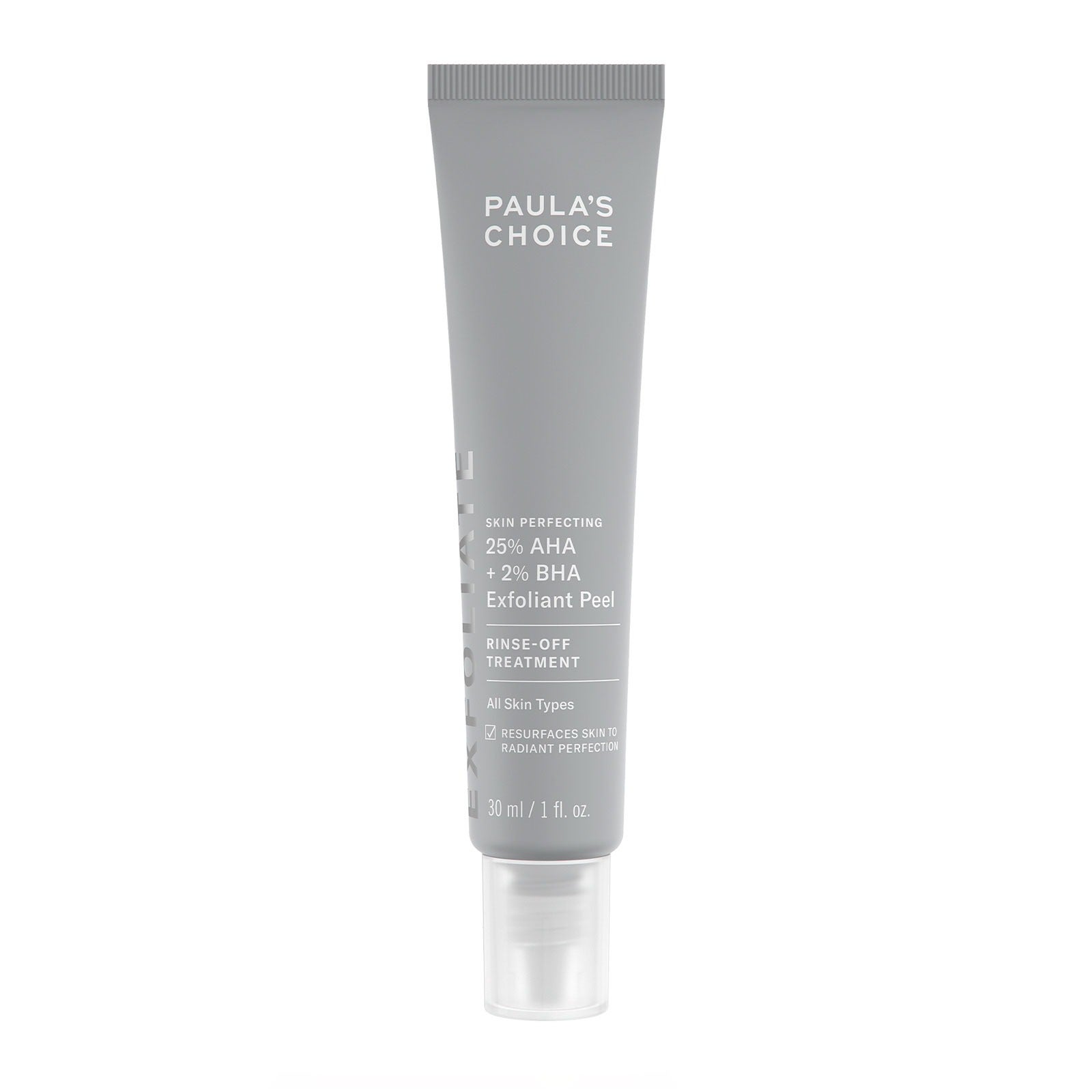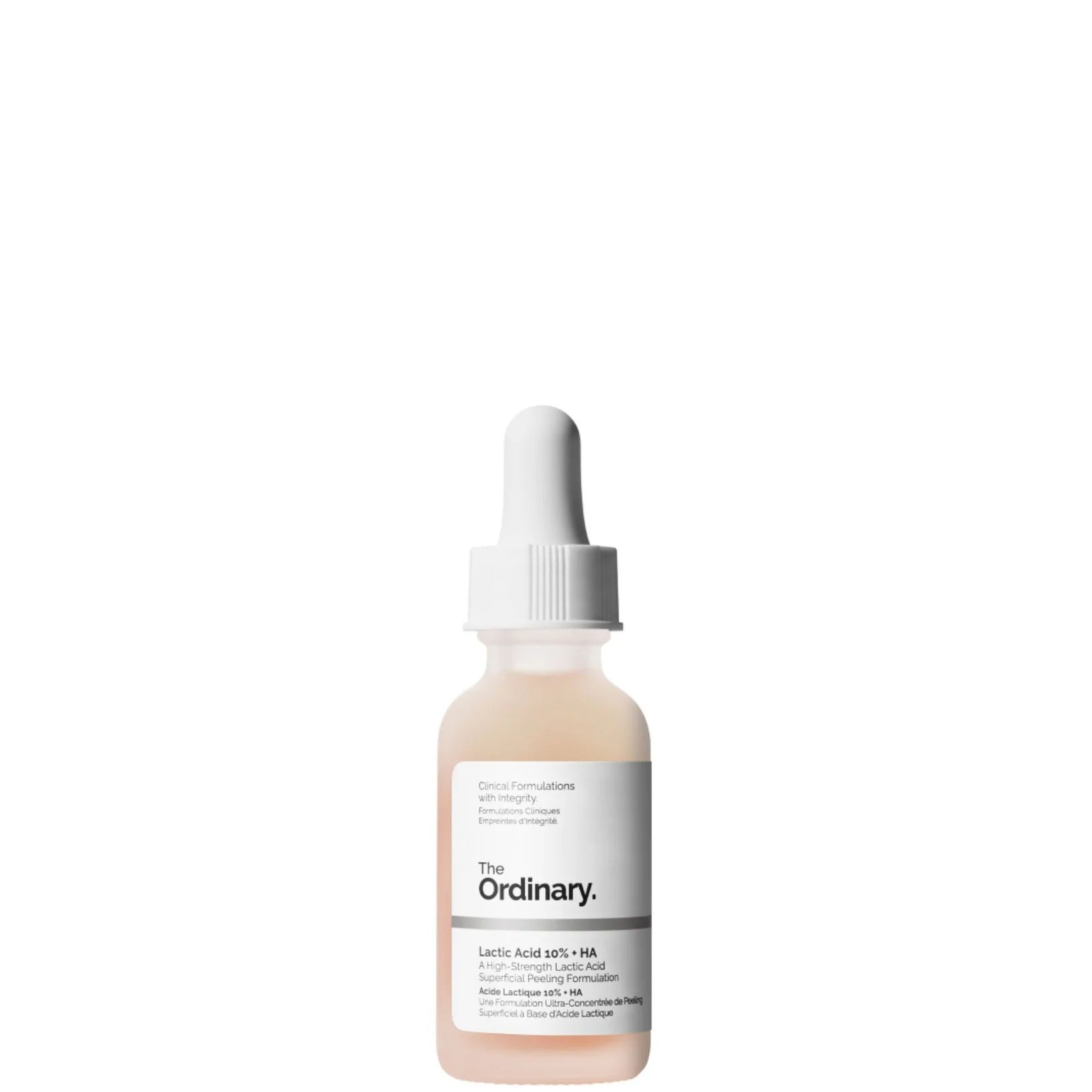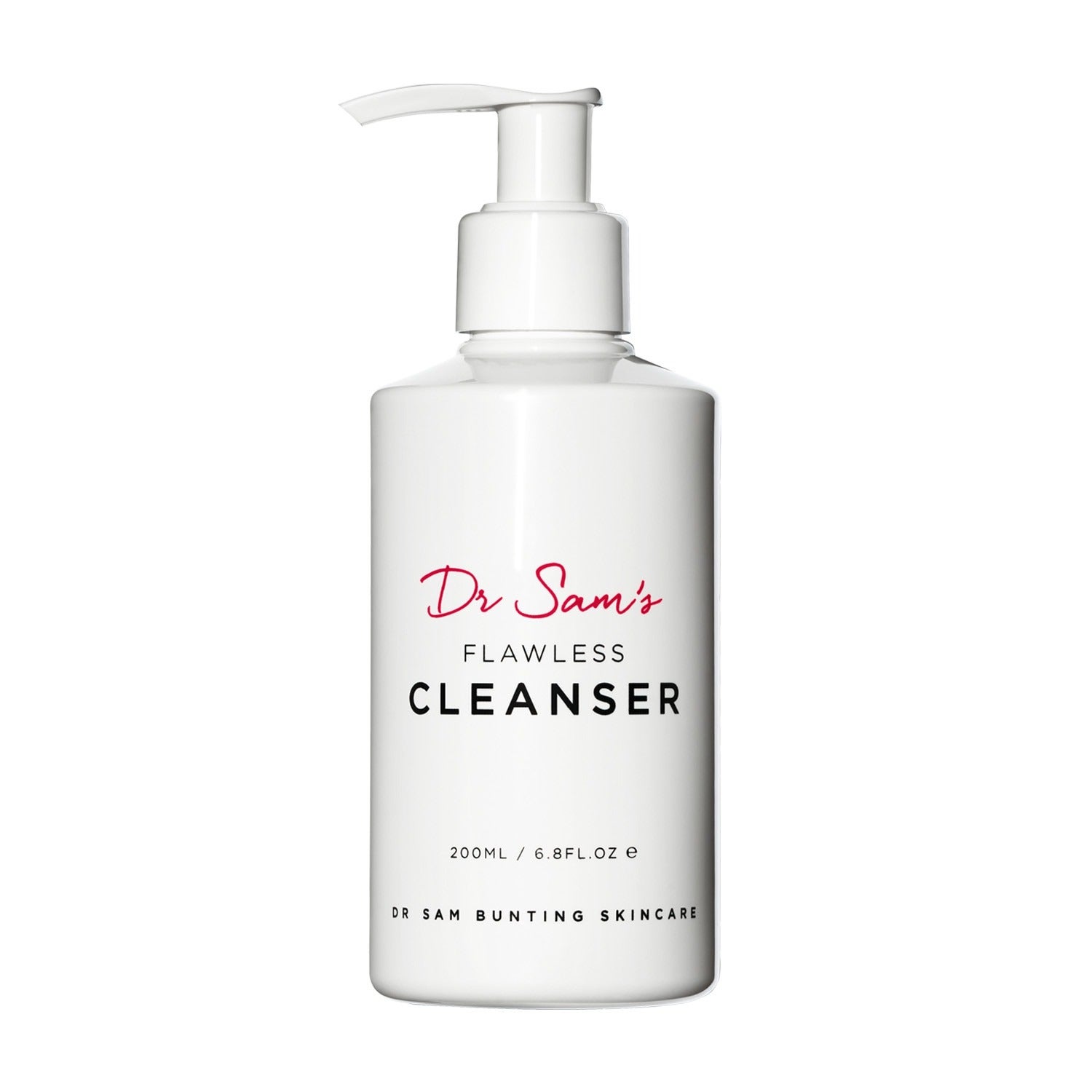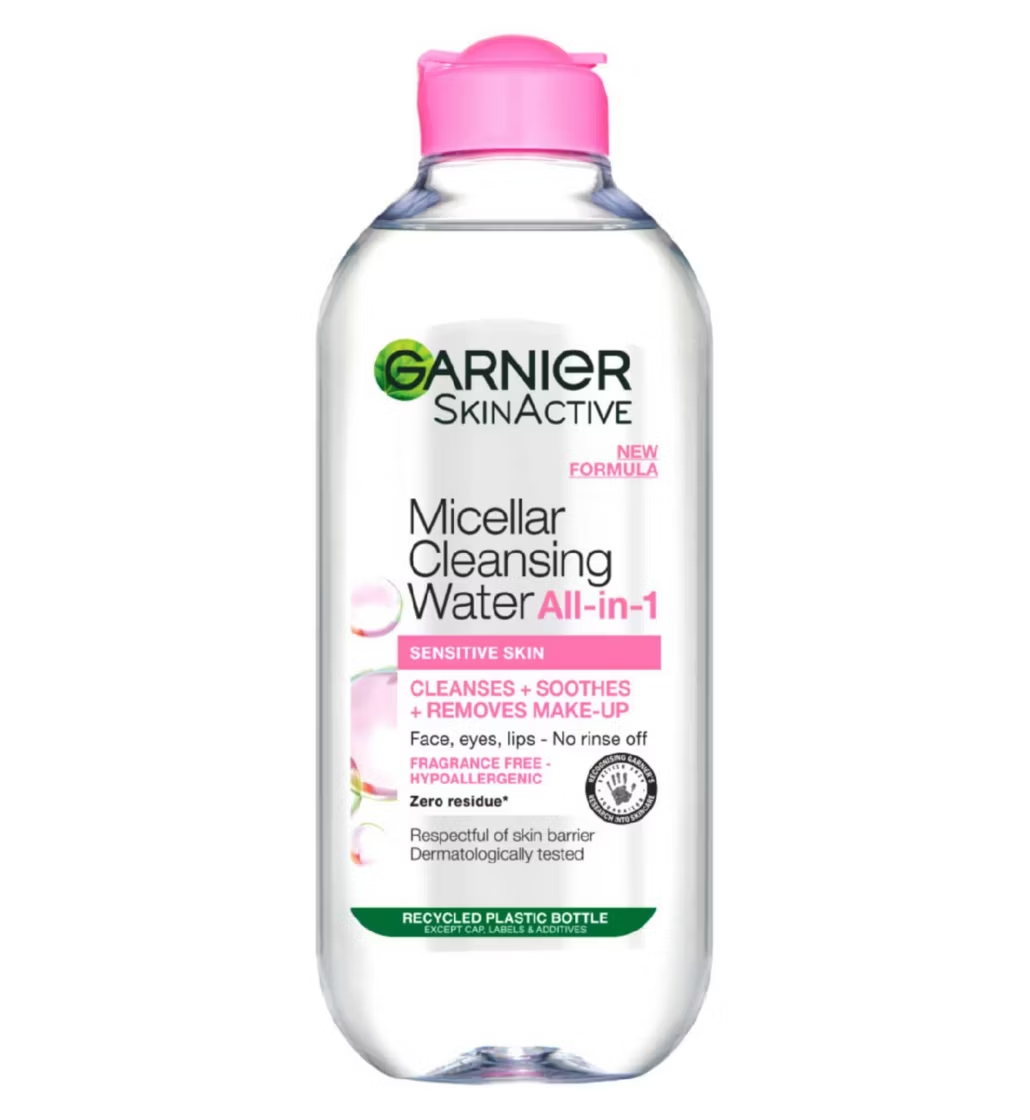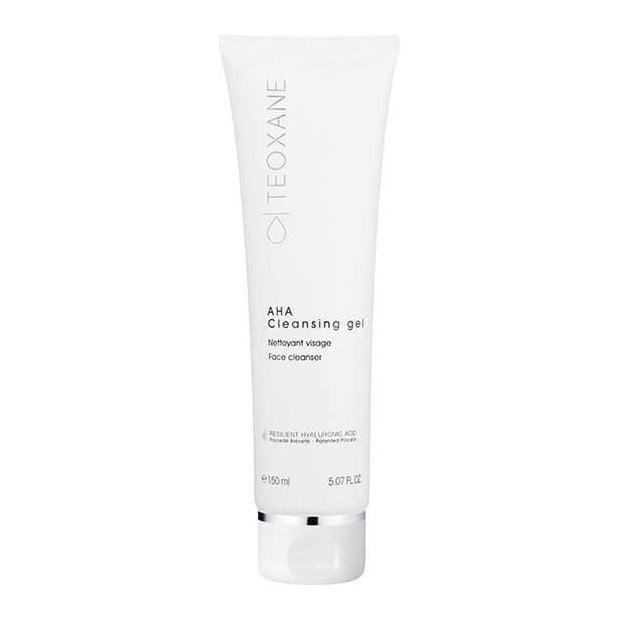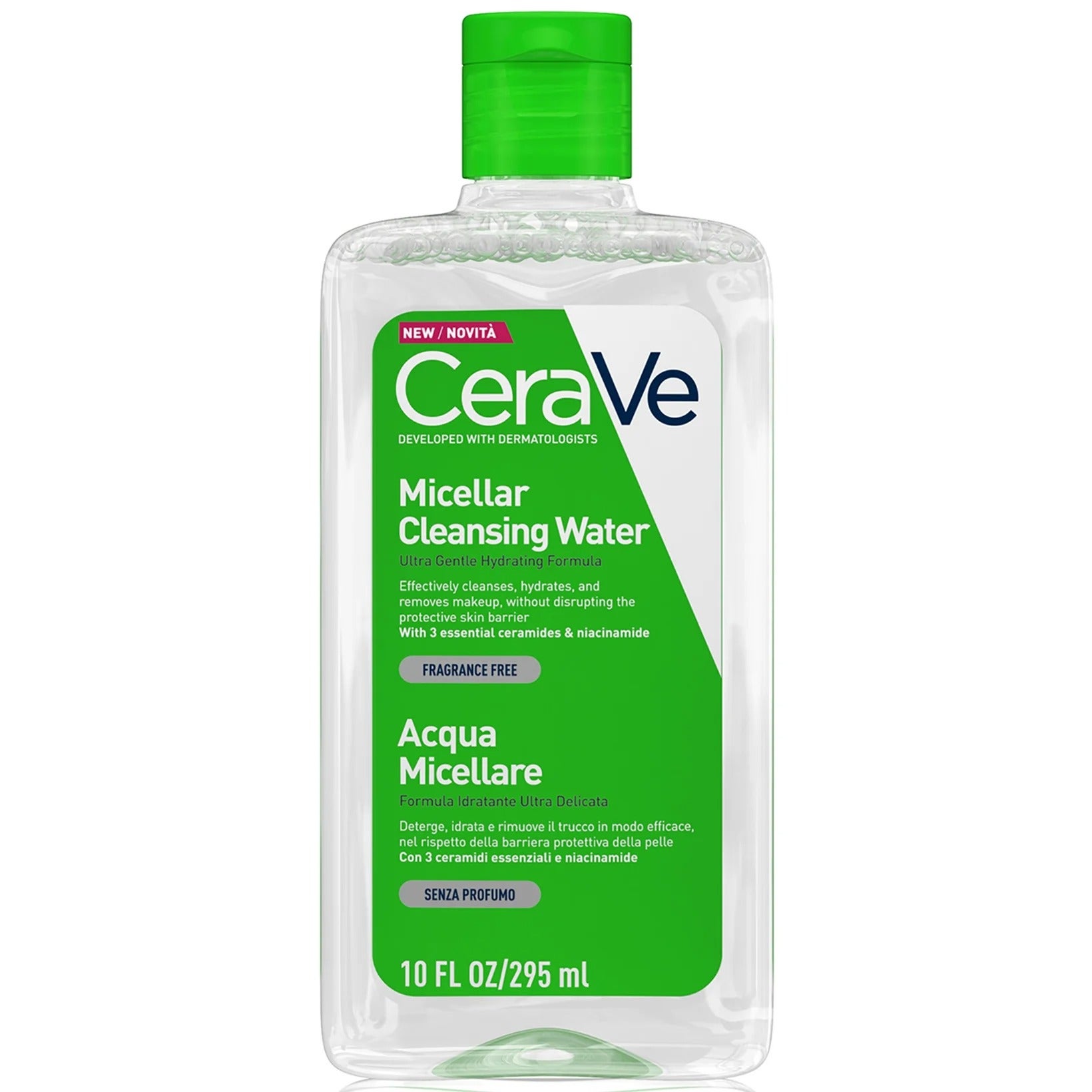Sorry To Break It To You, But These 10 Skincare Products Are A Scam
All linked products are independently selected by our editors. If you purchase any of these products, we may earn a commission.
Photographed by Beth Sacca.
The beauty industry has a knack for convincing us to buy things we don't necessarily need. Influencer reviews, cleverly positioned before-and-after pictures and even beauty expert backings are all very persuasive. Before you know it, you have a bathroom cabinet brimming with products you might never use or, worse still, products that don't really do anything.
For every skincare must-have, like cleanser (important for removing makeup, oil and daily grime) and sunscreen (for protecting skin against damaging UV rays), there is a rather dubious product on the market. One of them is blue light skincare, which professes to protect skin against the light emitted from laptop and phone screens. Right now, there isn't much evidence to confirm that blue light is actually a threat to skin, unlike UV, which can cause cancer and accelerate the signs of ageing. As a result, beauty lovers everywhere are questioning product claims.
AdvertisementADVERTISEMENT
Blue light mists, creams and serums aren't the only products to be sceptical about. Ahead, some of London's most trustworthy skincare experts share their thoughts on the popular beauty buys that might not be worth your money after all.
Can creams really get rid of stretch marks and cellulite?
It goes without saying that stretch marks and cellulite are both entirely normal and very common, but that hasn't stopped the beauty industry from dreaming up various creams, body oils and washes which claim to minimise the appearance over time. Dr Anjali Mahto, consultant dermatologist and founder of Self London, says: "There is little to no data to suggest they work effectively. Even expensive, clinic-based interventional treatments (for example microneedling, laser and radio-frequency) produce moderate results at best, depending on extent and severity." Put simply, be wary of those before-and-after photos.
Do collagen face creams improve skin elasticity?
Collagen is responsible for keeping skin plump and supple but over time our natural collagen levels decrease. This can be exacerbated by spending too long in the sun (thanks to damaging UV) and smoking, for example. In our bid for ever-youthful skin, topical collagen creams and serums are increasingly popular — but they might just be a fad.
"Topical collagen is contentious," explains Dr Parisha Acharya, cofounder and director of The Ardour skin clinic. "Skincare containing collagen may help hydrate and moisturise the surface but will not impact depleting collagen levels deeper inside the skin." Dr Mahto agrees and, like Dr Acharya, explains that this is because collagen molecules are much too large to enter the skin. Dr Acharya adds, "We all know that collagen plays an important role. It is a scaffolding protein that helps support our skin alongside elastin and other key components such as hyaluronic acid. Skincare ingredients such as vitamin C and retinol can have much more of a beneficial effect for our skin as they act to stimulate collagen production in the powerhouse dermis (the inner layer) of the skin."
AdvertisementADVERTISEMENT
Experts recommend using a vitamin C serum in the morning (R29 rates The Ordinary's Ascorbyl Glucoside 12%, £14.10) and a retinol serum in the evening, like Paula's Choice Clinical 1% Retinol Treatment, £63. If using retinol, it's important to use SPF in the daytime to protect your skin.
Can skincare products actually protect against blue light?
"There is no evidence that supports the need for specific products to protect against blue light at all," says aesthetician Alicia Lartey. "As a professional, I want people to have fun with skincare but I want the skincare to make sense." Blue light products don't, she says. "In a market that is oversaturated, I want to try products that, at the bare minimum, are not a gimmick."
Instead, experts recommend wearing a broad-spectrum sunscreen in the daytime to protect against light sources that are proven to damage skin, such as UV.
Do facial cleansing devices give your skin a deeper clean?
"Cleansing devices that claim to deep clean can be avoided, especially if you are using good quality acids that will chemically exfoliate skin," explains Dr Acharya. "Harsh brushes can be harmful to the skin, particularly if used overzealously, as they can damage surface layers, resulting in leaks and an impaired barrier function." The latter may culminate in dry, sore, sensitive skin. Lartey seconds ditching cleansing devices: "Most experts agree that using your hands is more than enough and [devices] are a waste of money."
Dr Parisha's personal preference is to use exfoliating acids, such as Biologique Recherche P50, £105 (an exfoliating leave-on toner), in your routine instead. "You will achieve a glowing complexion without creating micro-tears in the skin," she says. Strong skincare acids can cause irritation. If you'd rather start slowly — and spend less — try using a gentle exfoliating serum like The Ordinary's Lactic Acid 5% + HA, £8.80, in the evening, followed by moisturiser. Acids make skin sensitive to sunlight, so applying sunscreen in the morning if you're headed outside is a good idea.
AdvertisementADVERTISEMENT
Are peel-off face masks good for your skin?
Nurse Lucy Phillips, skin specialist and founder of Kaizen Medical, isn't a fan of peel-off face masks — especially if they contain charcoal. "Even though peel-off charcoal masks may help remove dirt and buildup from your pores, they also remove precious skin cells and even vellus hair [fine hair on your face], which can leave skin feeling raw and ripe for irritation." Lucy adds: "Charcoal doesn't discriminate when it comes to 'detoxifying' skin." In other words, the substance removes both old and new skin cells, and can cause sensitivity if overused.
If your skin is congested and dull, you might like to try something with gentle exfoliating acids, like salicylic acid and glycolic acid. R29 rates Paula's Choice 25% AHA + 2% BHA Exfoliant Peel, £43.
Are biodegradable face masks actually eco-friendly?
As we become more invested in the environment, beauty brands are phasing out unnecessary packaging and making smarter choices when it comes to sourcing natural ingredients. Plenty of companies are ditching single-use sheet masks containing plastic for cotton alternatives, which are said to be biodegradable. But this might not always be better. Jen Novakovich, environmentalist, cosmetic chemist and director of The Eco Well, previously told R29: "When waste ends up in landfill, it doesn't matter whether it is biodegradable or not." This is because the right process is needed to break down a material, and research claims that landfills might not always provide the correct conditions. That means the "eco-friendly" face mask you threw away could be sitting there for a long time. A tub or tube of product (which you'll get several uses from) might be better for the environment, particularly if the packaging is recyclable or refillable.
AdvertisementADVERTISEMENT
Does eye cream really work for dark circles and under-eye wrinkles?
Puffy under-eyes and dark circles are common skin complaints but the expensive eye cream you picked up in a bid to minimise the appearance might not be worth it. "Most eye creams do very little other than moisturise the skin's surface and therefore temporarily plump up fine lines and wrinkles due to their hydration effects," Dr Mahto previously told R29. She added: "As we age, the skin around the eyes becomes thinner, [increasing] in laxity (i.e. it becomes loose). The subcutaneous fat pad, which sits under the skin also starts to become thin and starts to descend, or 'go south'. These factors can result in darkness and puffiness around the eye as fluid accumulates." An eye cream won't be able to target this. Rather, Dr Mahto suggests adjusting your lifestyle, for example, getting good sleep, stopping smoking and reducing the amount of salt in your diet.
Does stem cell skincare really work?
This one is surprising, considering many London-based facialists extol the virtues of creams and serums containing plant-based stem cells for rejuvenating skin and making it smooth and plump. Plenty of products containing stem cells come with very hefty price tags, with brands selling moisturisers for hundreds of pounds. But Dr Mahto reveals that for stem cells in skincare — particularly plant-derived ones — there isn't any "good or convincing data that they work". She adds: "Stem cells need a controlled environment, which is hard to replicate and leave on a shelf in a skincare product. Even if the formula is stable, penetration into the skin is unlikely." Different types of stem cells are said to regenerate slack skin, including human versions, but Dr Mahto says: "Plant stem cells aren't the same as human ones so there are questionable results."
AdvertisementADVERTISEMENT
Do face wipes actually cleanse your skin?
Face wipes are convenient (especially after a long day) but they're essentially useless at cleansing the skin, says Dr Acharya. "These are functionless in reality, as all they do is move dirt and debris around your skin rather than actually lifting it off physically." She suggests tweaking your PM cleansing routine, using a micellar water like Teoxane RHA Micellar Solution, £25, followed by a cleanser like Teoxane AHA Cleansing Gel, £35. "This will work more effectively without disrupting the skin's natural balance."
If you're on a budget, try Garnier Micellar Water Sensitive Skin, £8.99, or CeraVe Micellar Cleansing Water, £13.50, followed by a gel-based cleanser such as Dr Sam's Flawless Cleanser, £19.
Can SPF serums replace sunscreen?
"Products which contain sunscreen but are serums (and are advised to be used as such) do not make any sense," explains Lartey. "Sunscreen needs to be the last step of your routine to form a film," protecting your skin against UV and the environment. The problem with sunscreen in serum form is that the product is meant to be applied before your moisturiser — and Lartey argues that might not provide the best protection, compared to a dedicated sunscreen that goes on last.
AdvertisementADVERTISEMENT







